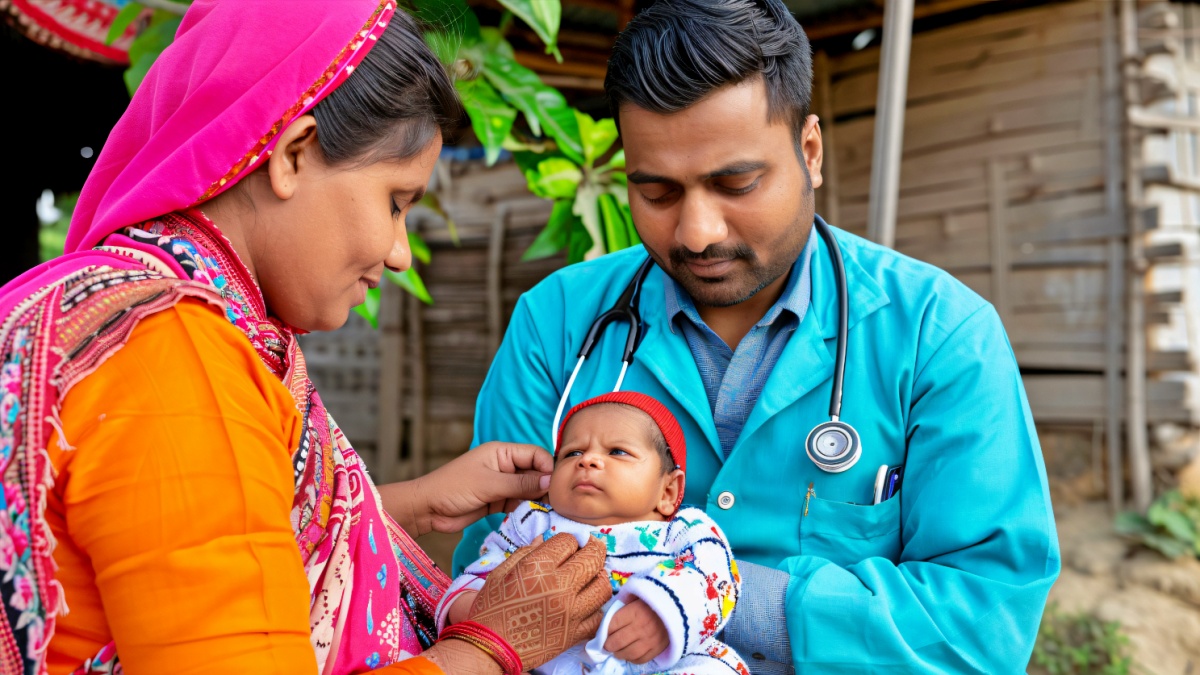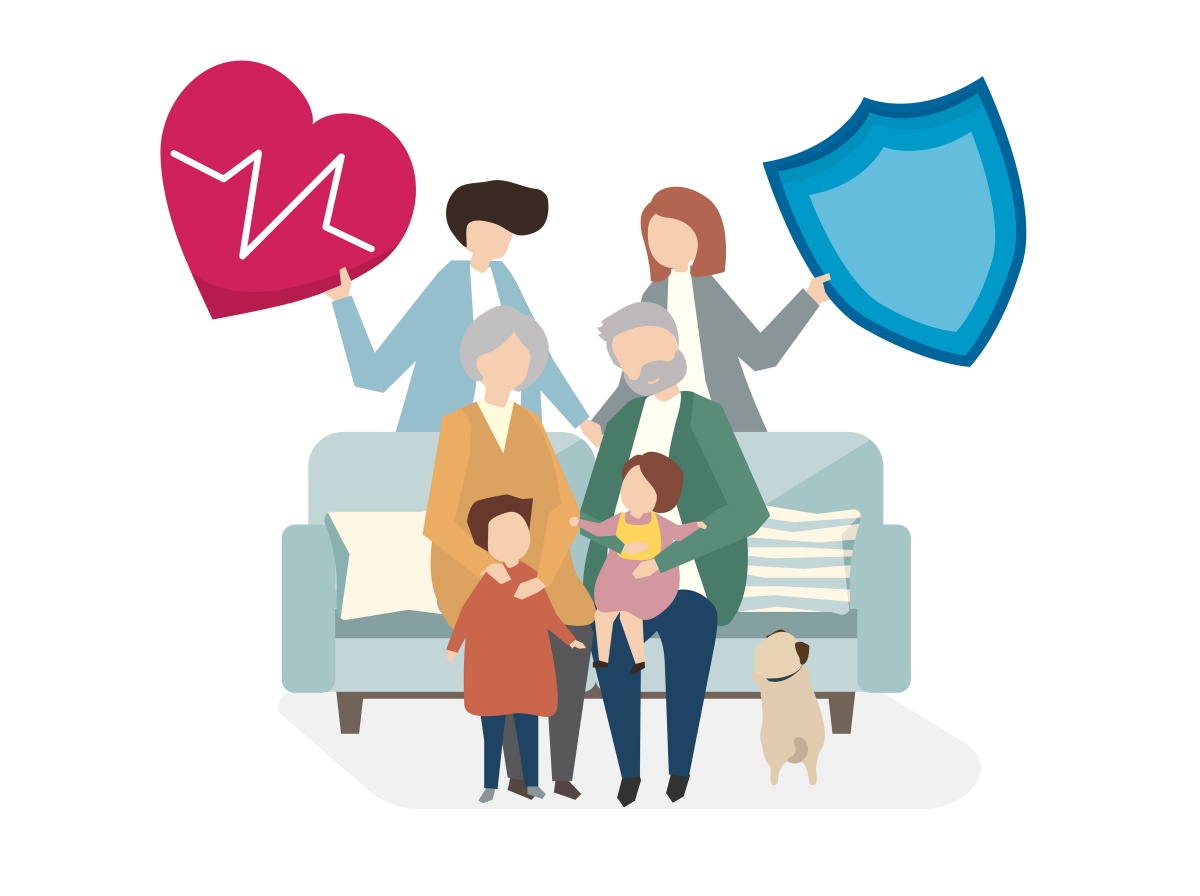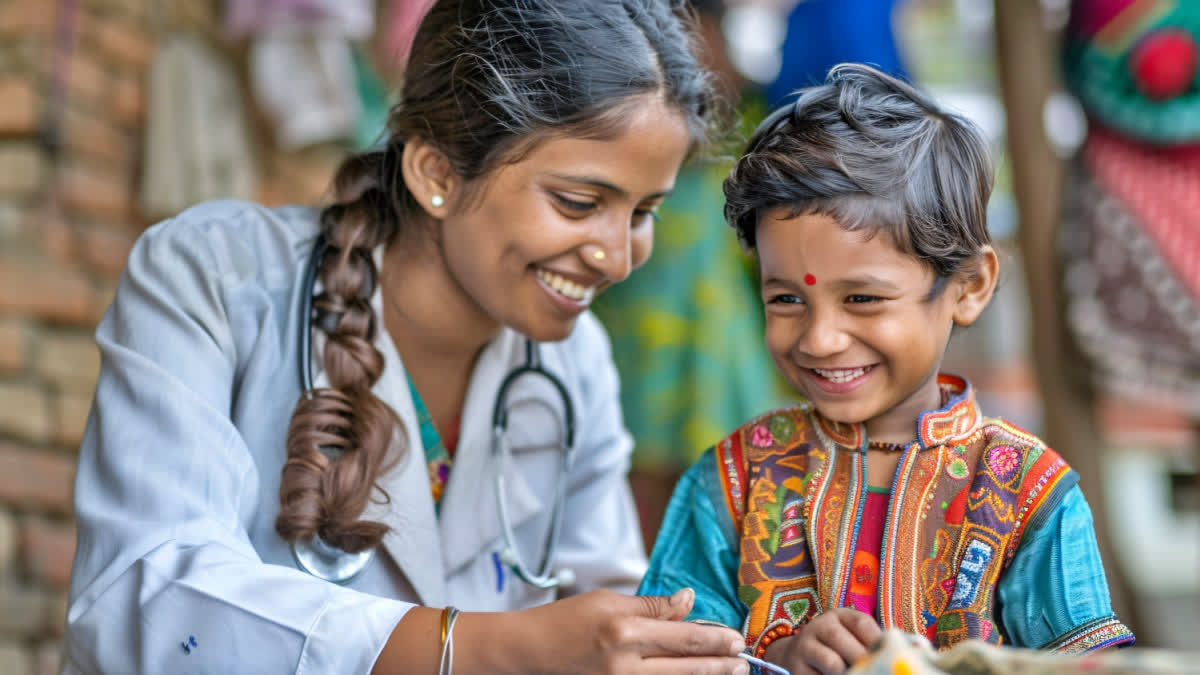Universal Health Coverage (UHC) represents a revolutionary concept: a world where everyone has access to essential healthcare services without financial hardship. December 12 is observed globally as Universal Health Coverage Day, and symbolizes a collective commitment to this vision.
Proclaimed by the United Nations in 2017, the day underscores the urgent need for strong and resilient health systems capable of safeguarding lives while fostering equity and sustainability. For India (a nation with a vast, diverse population and myriad socio-economic complexities) UHC is both a monumental challenge and an unparalleled opportunity.
What Is Universal Health Coverage?
Universal Health Coverage is a philosophy rooted in the principle that health is a fundamental human right. It seeks to ensure that:
- Everyone receives essential health services (preventive, curative, and rehabilitative).
- No one is pushed into poverty because of healthcare costs.
As societies evolve, healthcare becomes not just a personal issue but a collective one. Healthy citizens drive economic productivity, reduce the strain on social systems, and enhance societal well-being. India, as one of the world's largest democracies, has embraced this challenge, crafting ambitious policies like Ayushman Bharat to deliver on the promise of UHC.

The Backbone Of India’s UHC Vision
India’s flagship UHC programme Ayushman Bharat stands on four pillars:
1) Pradhan Mantri Jan Arogya Yojana (PM-JAY): Aims to provide hospitalization coverage of up to ₹5 lakh per family annually for 50 crore vulnerable Indians.
2) Health and Wellness Centres (HWCs): Strengthen primary healthcare services, particularly for maternal, child, and non-communicable diseases.
3) Ayushman Bharat Digital Mission (ABDM): A digital health ecosystem with features like unique health IDs and telemedicine platforms.
4) Pradhan Mantri Ayushman Bharat Health Infrastructure Mission (PM-ABHIM): Focused on enhancing healthcare infrastructure, especially in rural areas.
Kurian acknowledges the program’s potential but notes its financial constraints:
"Despite a solid foundation and a tech backbone prepared over the last decade, we have yet to see focused, additional resources being ploughed into the sector, unlike sanitation, drinking water, and housing,” says Oommen C. Kurian, Senior Fellow and Head of Health Initiative at the Observer Research Foundation.
Mental Health In India’s UHC Agenda
While physical health receives significant attention under UHC, mental health remains a “hidden pandemic.” Says Parveen Shaikh, President of Mpower, “Mental health is an invisible burden that affects millions silently. Despite its rising prevalence, stigma and lack of acceptance remain significant barriers to seeking help.”
She highlights the economic and social cost of ignoring mental health: “Untreated mental health conditions cost the global economy $1 trillion annually in lost productivity. In India, where a large segment of the workforce faces stress, anxiety, and depression, these challenges directly impact the nation’s economic growth.”
Challenges On India’s Path To UHC
India's journey toward UHC is fraught with hurdles that undermine its potential impact. These challenges include:
1. Inadequate Funding
India allocates just 2.1% of its GDP to healthcare (far below the global average). While Ayushman Bharat provides coverage for hospitalizations, it does not fully address the broader needs of preventive care, capacity building, or mental health.
2. Workforce Shortages
The doctor-to-population ratio in India remains well below WHO recommendations. Shortages of trained professionals in rural and underserved areas exacerbate inequities.
3. Lack of Mental Health Integration
Mental health is not prioritized within UHC frameworks. As Shaikh notes:
“To integrate mental health into UHC, we must approach it with the same priority as physical health. Capacity building (training mental health professionals and equipping communities to provide mental health first aid) is crucial,” says Shaikh.
4. Disparities Between Urban and Rural Healthcare
Rural areas lag in infrastructure, workforce, and access to care, creating a stark urban-rural divide.
5. Limited Awareness
Many beneficiaries are unaware of their entitlements under Ayushman Bharat, limiting the programme’s reach and efficacy.

Opportunities To Strengthen UHC In India
1. Leverage Technology
Digital tools like telemedicine platforms and digital health IDs can democratize healthcare access. Scaling up the Ayushman Bharat Digital Mission (ABDM) can bridge gaps, especially in remote regions.
2. Elevate Mental Health Care
Shaikh suggests, “Beyond accessibility, we must focus on prevention. Teaching self-care strategies and empowering individuals to address mental health challenges before they escalate can reduce the burden on healthcare systems.”
3. Public-Private Collaboration
Private healthcare providers and industries can complement government initiatives. Shaikh says, “Awareness campaigns, workplace mental health programs, and community outreach.”
4. Building A Resilient Workforce
Investing in healthcare education and incentivizing professionals to work in rural areas can address workforce shortages.
5. Community-Centric Models
Grassroots engagement can amplify awareness and drive health-seeking behaviours. Local health workers can play a pivotal role in creating sustainable impact.
Towards Health Equity
Programmes like Ayushman Bharat signify a promising start, but to fully realize UHC, India must address the glaring gaps in financing, infrastructure, and mental health integration. The road ahead requires a multi-stakeholder approach, where governments, industries, and communities collaborate to redefine healthcare delivery. As Shaikh aptly puts it, “When individuals feel empowered to seek help without fear of judgment, we can start addressing the issue at scale.”



